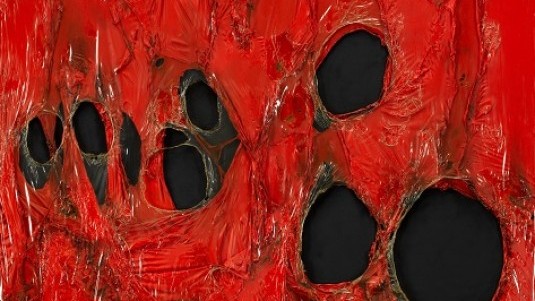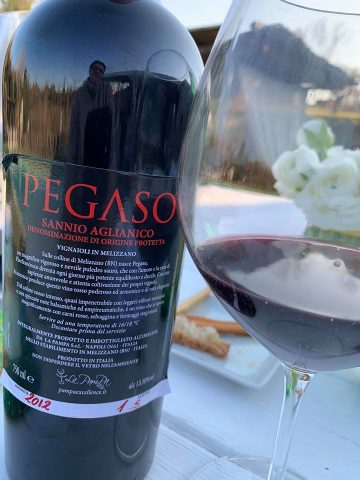The emotional and therapeutic value of wine

Wine in regard to health, eros and transcendence was the curious title of a conference organized by Ruffino at their Poggio Casciano estate. The event immediately caught my fancy because for once it was not just the usual tasting but an itinerary through wine, medicine and literature.
Ever since I began my career with wine, and perhaps this may even be why I chose this path, I have been convinced that aside from the flavor and pleasure of drinking it, there exists an essential ‘emotional’ value to wine, a seductive and very strong power related to its capacity to create wellbeing and happiness. Wine creates a connection between people, it makes them uninbitited, dissolves shyness and creates an experience that can be shared. I believe nothing else exists that can do all this with such style and culture, which has such power and can bring together tales and lands, human faces, landscapes, aromas and memories of the past. Wine brings souls and bodies into contact.
This was discussed at the conference but from a more therapeutic view point which alternated with a less academic vision that was more linked to the physio-emotional wellbeing intrinsic to wine. From a medical point of view, there were some very interesting addresses – above all from Dr. Franco Cosmi, director of the cardiology at Cortona hospital – which all underscored a fundamental aspect of consuming wine: the importance of proper consumption. Wine can be both good and bad for you depending, like many other things, on the quantity consumed. The consensus seemed to be that 6g a day, less than half a glass, was the preferred limit. The abuse of alcohol, it was argued, can lead to cancer of the mouth or colon, coronary problems and strokes, sleep and memory loss. At the same time, however, wine is rich in resveratrol and is an antitoxin that can prevent cardio-vascular disease and reduce the risk of ischemia and heart attacks and it releases dopamine. What’s more, it is one of the three main ingredients of the Mediterranean diet – grains, olive oil and wine – which UNESCO has added to its Representatives List of the Intangible Cultural Heritage of Humanity.
There was also a very interesting address by Ernesto di Renzo, an anthropologist at Rome’s Tor Vergata University, who described wine as an aggregator of symbols, a coagulator of material and immaterial culture and a bridge for transcendence. This brought to mind Dionysian and other pagan ecstasies and the psychoactive powers that can alter psyches and also lead to art and creativity.
And it was with wine and art that the day ended at Poggio Casciano.
The wine was Chianti Classico Riserva Ducale Oro, while the art was that of four masters as paired by an expert and perceptive taster, Armando Castagno.
The mini-vertical tasting was as follows:

 Italiano
Italiano












